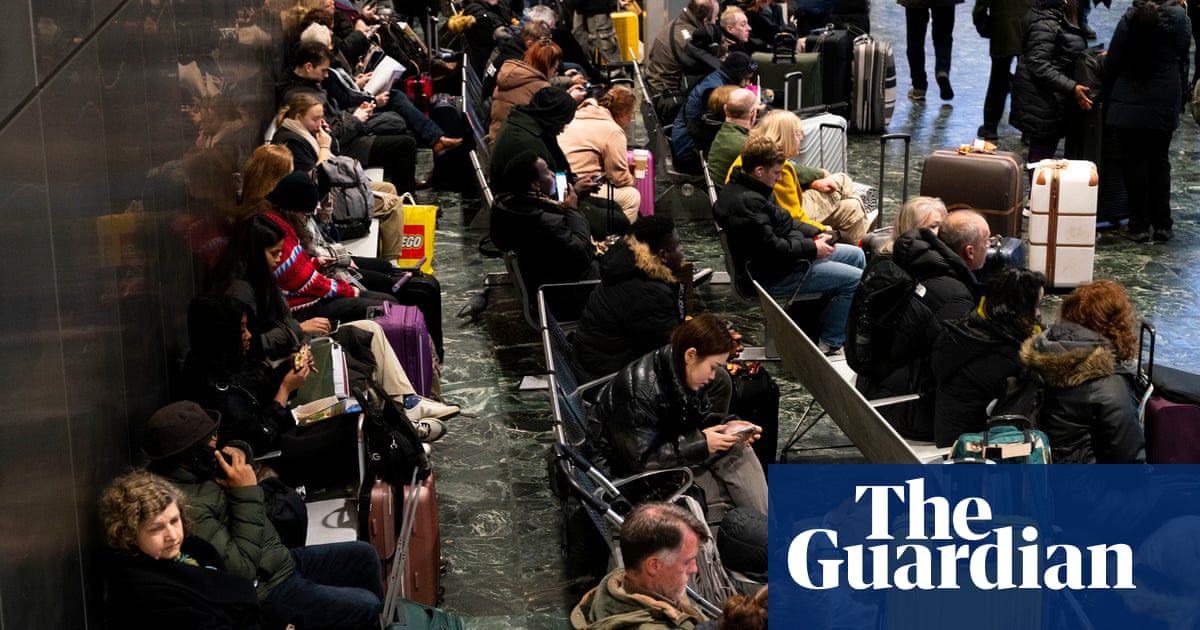Compensation paid to passengers for train delays in Britain has reached record levels, with annual payouts surpassing £100m and the number of claims for delayed or cancelled trains continuing to grow.
Payouts to passengers for disrupted journeys reached £101.3m in the year to April 2023 – up by 155% from £39m in 2021-22.
The latest official data from the rail regulator, the Office of Rail and Road, suggests the financial hit is likely to be much higher again in 2023-24. The number of approved claims recorded across all train operators in Britain until early January – 4.6m – exceeded the previous year’s tally with several months remaining.
While the compensation total partly reflects a rebound in train travel after the Covid crisis, the growing figures far outstrip the 40% rise in passenger numbers.
Almost 320,000 train services were cancelled or part cancelled in the past year in Britain. Strikes, staff shortages, damaged rail infrastructure and mechanical failures on trains all contributed to a year of disruption and delayed journeys across the railway.
Labour said it showed that the taxpayer was “carrying the can” for worsening rail services.
Though wholesale rail reform has been promised, under current contracts the compensation bill is funded by the taxpayer, with the government paying operators a management fee regardless of performance and carrying the cost of lost revenue.
The payouts for delays only covered scheduled services, with trains that have been removed from the timetable usually not attracting compensation – a policy that has drawn huge criticism on lines such as Avanti West Coast and TransPennine Express.
The growing bill partly reflects increasing automated payouts, with some train operators now issuing refunds immediately to passengers who have booked advance journeys through their websites, or to registered season ticket holders during disruption. The industry has also improved its response to complaints with more than 99% of claims resolved within 20 days.
The Department for Transport was approached for comment.
after newsletter promotion
Labour said some of the worst operators for cancellations were being rewarded for failure, with CrossCountry and Avanti West Coast’s parent companies paying out millions to shareholders, and being awarded contract extensions by ministers last year.
The shadow transport secretary, Louise Haigh, said: “Thanks to this government, it makes no difference to the management fee private rail operators receive if services are delayed or cancelled – they pick up a lucrative, publicly funded cheque regardless. It is the taxpayer forced to carry the can for our broken, dysfunctional rail network.”
Labour has said, if elected, it will bring train operations back into public ownership as contracts expire.
The Rail Delivery Group, representing train operators, was approached for comment.







